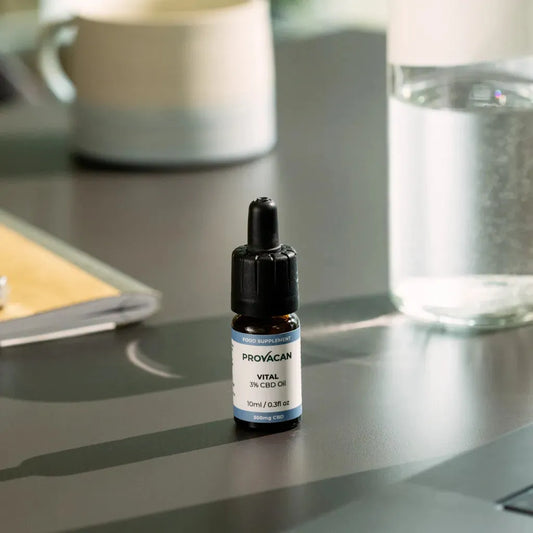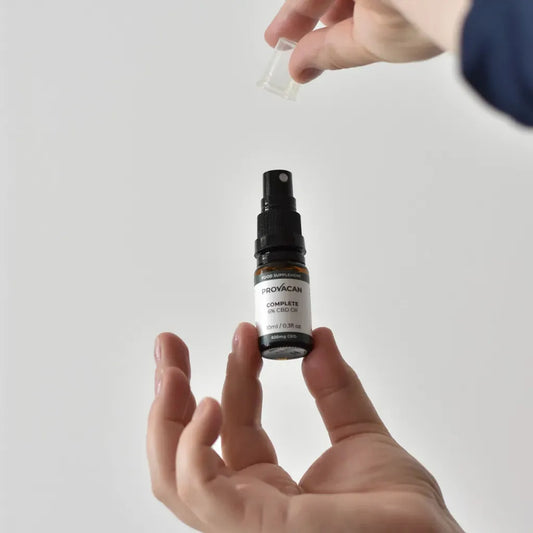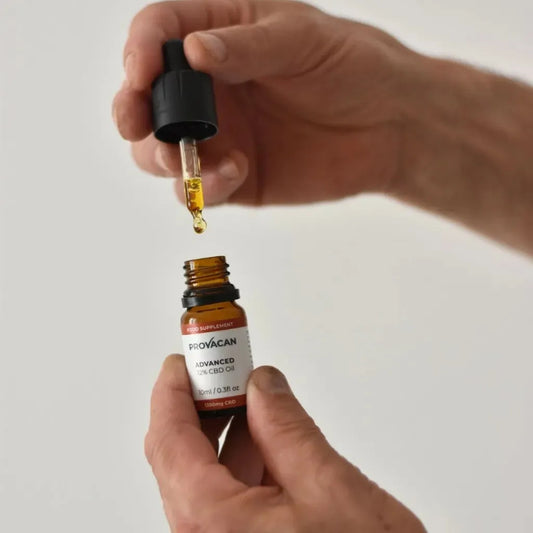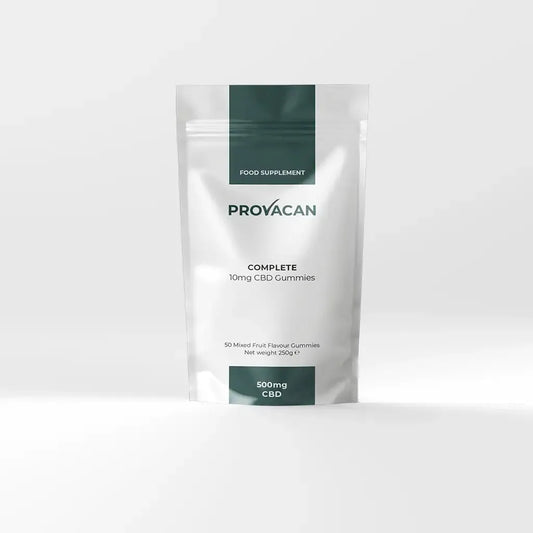The UK workplace is changing. CBD, or cannabidiol, is becoming increasingly popular and is being used by employees as part of a supplement and wellness regime. But what do employers need to know about the legal implications of having CBD products in the workplace?
In this blog post, we’ll discuss the potential benefits of CBD in the workplace and the implications that employers need to consider when deciding whether to allow its use in the workplace. We’ll also look at the legality of CBD in the UK and what employers should be aware of.
What is CBD?
Cannabidiol (CBD) is one of over 100 different cannabinoids found in the Cannabis sativa plant. Unlike the cannabinoid THC, CBD does not have psychoactive effects and will not get a person high. Instead, it has a number of potential therapeutic applications, most notably promoting good sleep which in turn drastically improves well-being. CBD can be taken in a number of forms, including as an oil or tincture, as a capsule, or as a topical product applied to the skin.
Will CBD make you high?
The short answer is no. Cannabidiol (CBD) is a non-psychoactive chemical compound found in the Cannabis sativa plant, which means it won’t make you feel “high” like THC does. CBD does have some therapeutic effects on the body, however, it is not an intoxicant like THC.
Therefore, employers should be aware that if they choose to allow their employees to use CBD products at work, it will not create an intoxicating or distracting environment and rather it may help to improve overall productivity and well-being among employees.
Some potential benefits of CBD in the workplace:
- Promote a good night’s sleep
- Increase your motivation
- Keep you focused
- Help you concentrate
Is CBD legal in the UK?
One of the key considerations for UK employers is the legal status of CBD. CBD is currently legal in the UK as long as the product contains less than 1mg of THC, the psychoactive compound found in cannabis. However, it is still a regulated substance, and employers should be familiar with the laws and regulations surrounding its use and sale. Provacan CBD oil is rigorously tested and contains far less than the legally allowed limit which for a 10ml bottle, such as Provacan CBD Oils, equates to <0.01%.
Another important consideration for UK employers is the potential impact of CBD on employee performance and safety. Some studies have suggested that CBD may have a range of potential non-medical benefits, such as reducing anxiety and improving sleep. However, it’s important to note that the research on CBD is still in its early stages, and more studies are needed to fully understand its effects. Employers should be aware of any potential risks or benefits associated with CBD use and should consider developing policies around its use in the workplace.
The Implications for Employers
As CBD becomes more accepted and available, employers need to consider how it can affect their workplace. There are some implications that employers should consider before introducing CBD into the workplace.
First, employers should be aware that CBD is still considered a controlled substance in the UK, despite its growing popularity. This means that employers have a responsibility to ensure that any employees using CBD in the workplace do so in accordance with the law. Employers should also be mindful of potential interactions between CBD and other medications that employees may be taking.
Second, employers should be aware of potential health and safety risks associated with CBD use. Studies have suggested that CBD may interact with certain medications, and it is important for employers to understand the potential effects on their workforce. Additionally, employers should consider potential psychological effects that could be caused by CBD use, such as changes in mood or cognition.
Third, employers should consider how they would handle employees who are using CBD in the workplace. As CBD is not currently regulated by the Food and Drug Administration, employers may need to develop clear policies about its use and ensure that any employees using it do so responsibly.
Finally, employers should keep in mind that CBD is still a relatively new product, and there is limited research on its long-term effects. Therefore, it is important to stay informed and up-to-date on any new developments in the field of CBD research.
By considering these implications and taking appropriate steps, employers can ensure that their employees are safe and productive while using CBD in the workplace.
How to control CBD use in the workplace?
One potential approach is for employers to require employees to disclose their use of CBD, and could implement drug testing policies to ensure that employees are not using CBD that contains other substances that could affect their ability to perform their job safely. When making a policy about CBD in the workplace, employers need to ensure that any guidelines put in place do not conflict with any existing laws or regulations.
Employers could also consider offering CBD education to employees, in order to help them make informed decisions about its use.
In conclusion, CBD is a growing presence in the UK workplace, and it’s important for employers to be aware of the potential risks and benefits associated with its use. By staying up-to-date on the legal landscape and implementing policies around CBD use, UK employers can help ensure a safe and productive workplace for all employees.
























